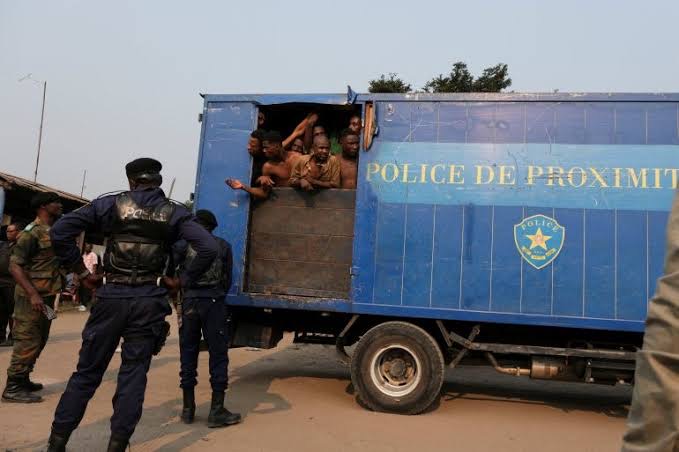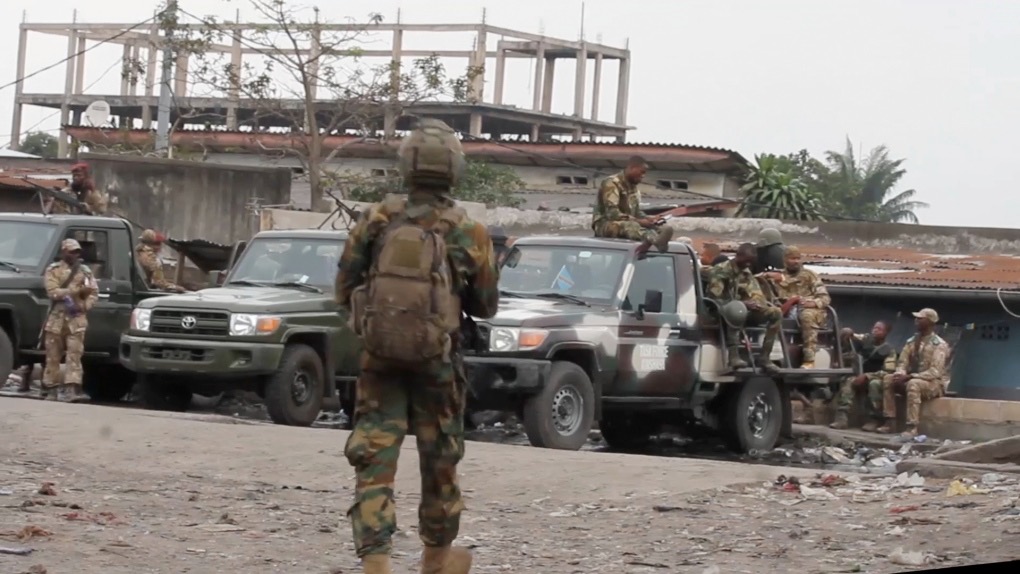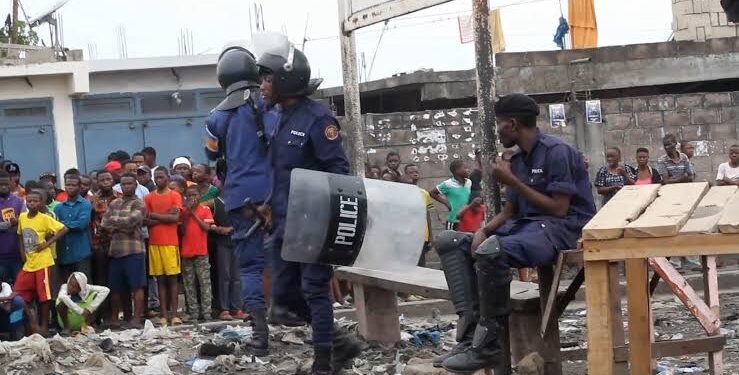In the Democratic Republic of Congo, a violent prison break has left at least 129 people feared dead, according to reports from local authorities. The tragic event unfolded at the Makala prison in Kinshasa, the country’s capital, where chaos erupted on Monday night.
Congolese Interior Minister Jacquemain Shabani reported that the situation escalated dramatically as inmates attempted to escape. To restore order, authorities fired on the prisoners, killing 24 of them. Additionally, the chaos resulted in many other deaths due to suffocation or being trampled in the commotion. The violence also had a horrific dimension, as several female prisoners were subjected to sexual assault during the upheaval. At least 59 individuals sustained injuries as a result of the incident.

Shabani stressed that these numbers are preliminary and could change as the investigation continues. Despite the severe casualties and injuries, he noted that the police and military forces were able to regain control of the situation after a significant intervention. However, the damage to the prison was extensive. Key facilities within the prison, including administrative buildings, the infirmary, and the food depot, were completely destroyed by fire.
This tragic event highlights ongoing challenges in the Democratic Republic of Congo, where prison breaks are unfortunately frequent. The country has been plagued by long-standing conflict and instability, which contributes to the high incidence of large-scale escapes. In many cases, these prison breaks involve numerous inmates, reflecting broader issues within the nation’s security and correctional systems.

The aftermath of this incident raises serious questions about the management of prison security and the effectiveness of response strategies during such crises. The destruction of vital prison infrastructure will likely complicate efforts to restore order and ensure the safety of remaining inmates.
There are also concerns about the impact on local communities, as prison escapes can lead to increased violence and insecurity in surrounding areas. This situation may prompt calls for both national and international support to address the root causes of instability in Congo and to improve the country’s prison system.
The international community may look to support efforts in Congo to enhance prison security, improve crisis management, and address the underlying issues contributing to the frequent prison breaks. As the country continues to face these challenges, finding solutions to stabilize its security environment and reform its correctional facilities will be crucial for preventing future tragedies and improving overall stability.



































